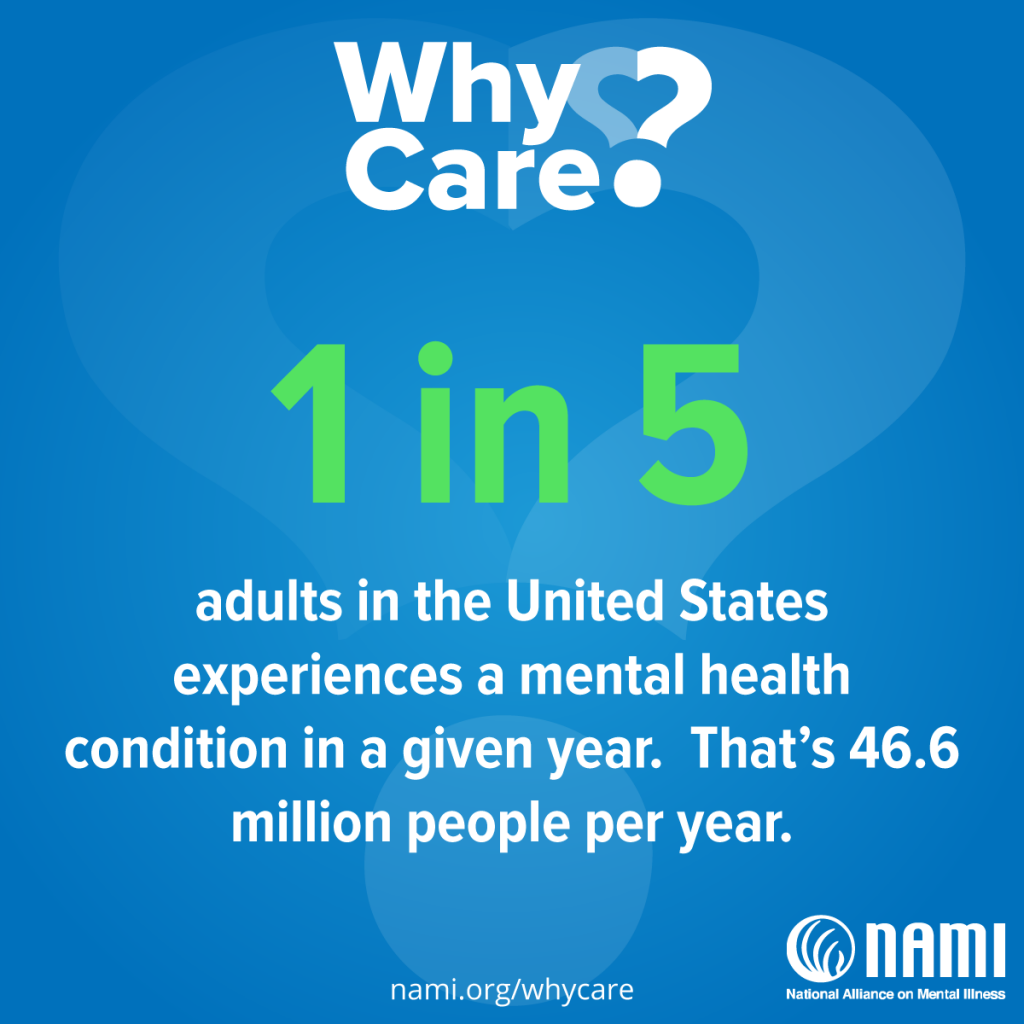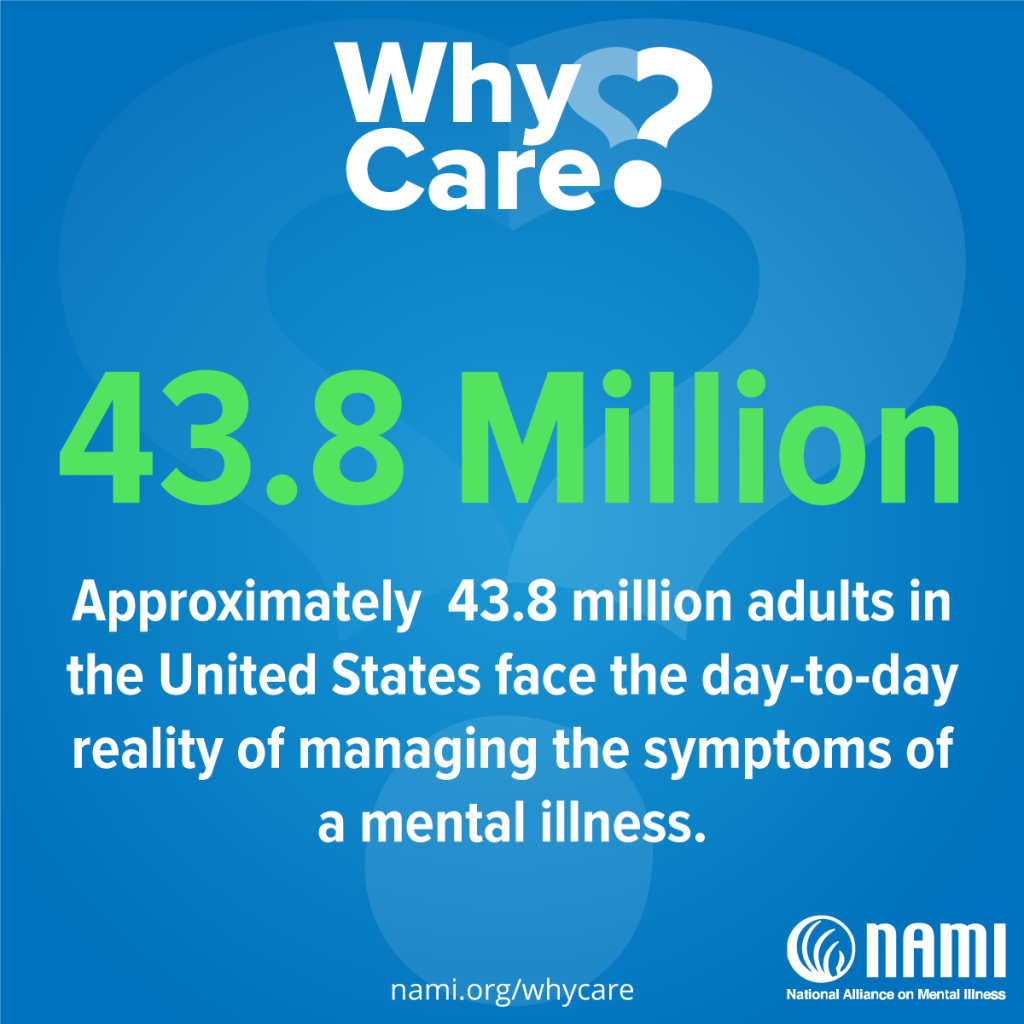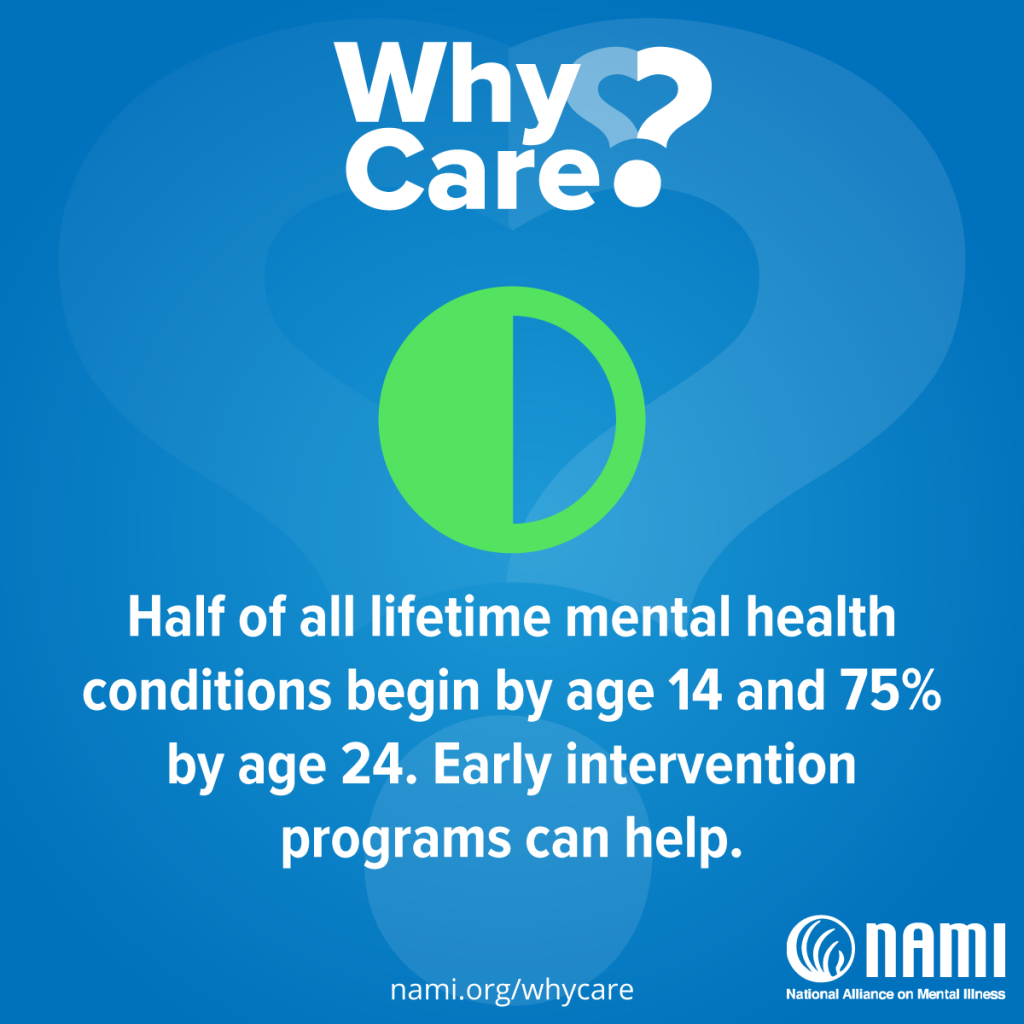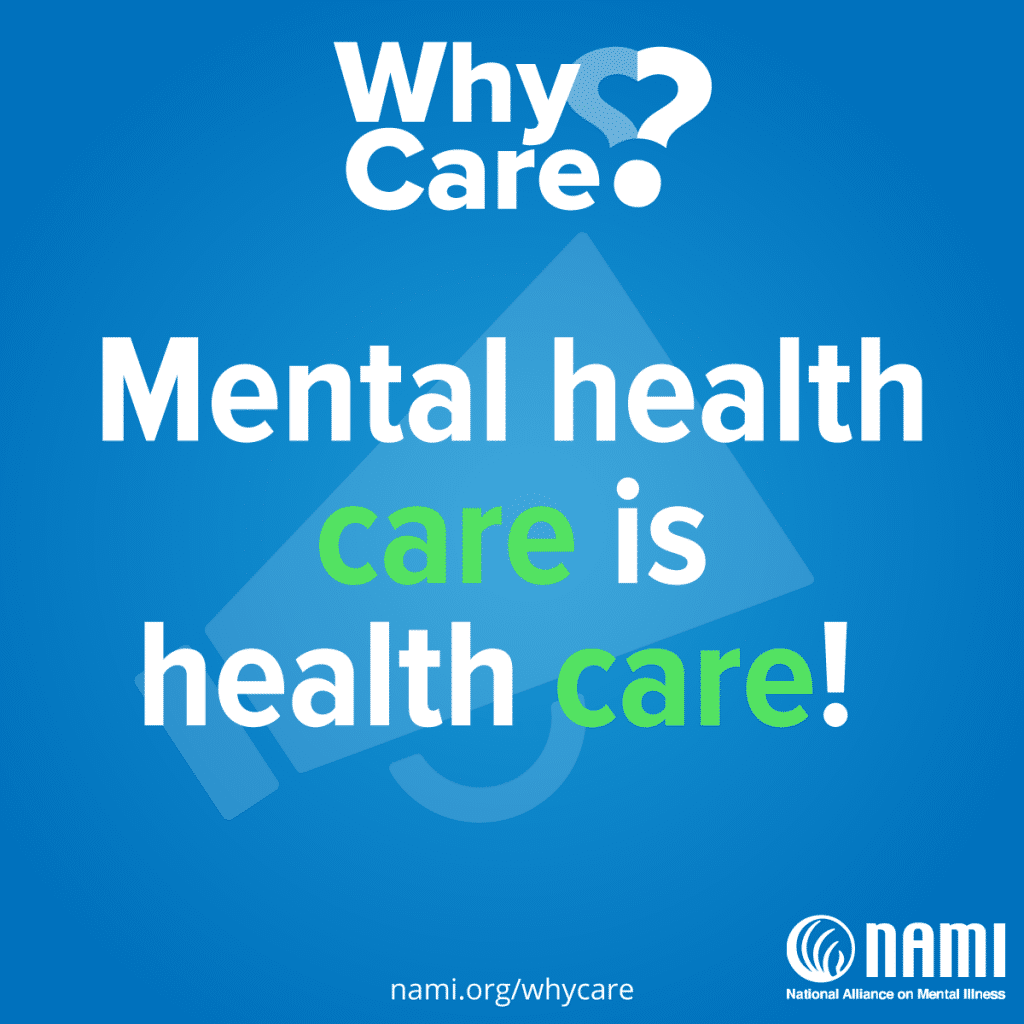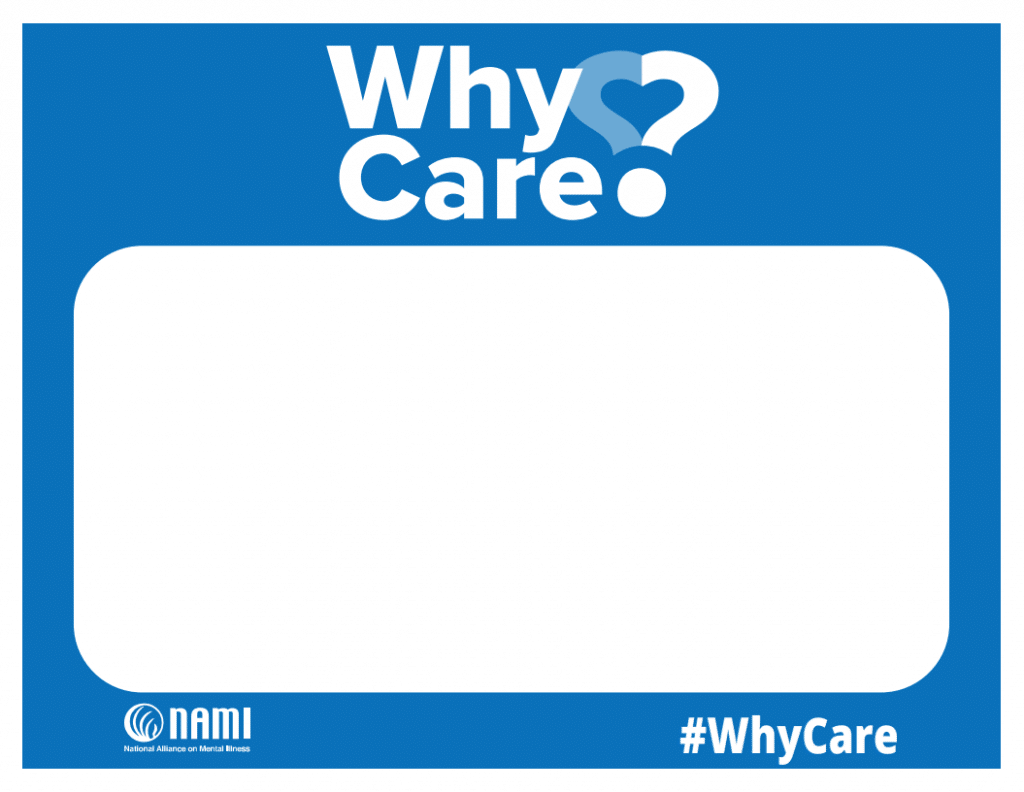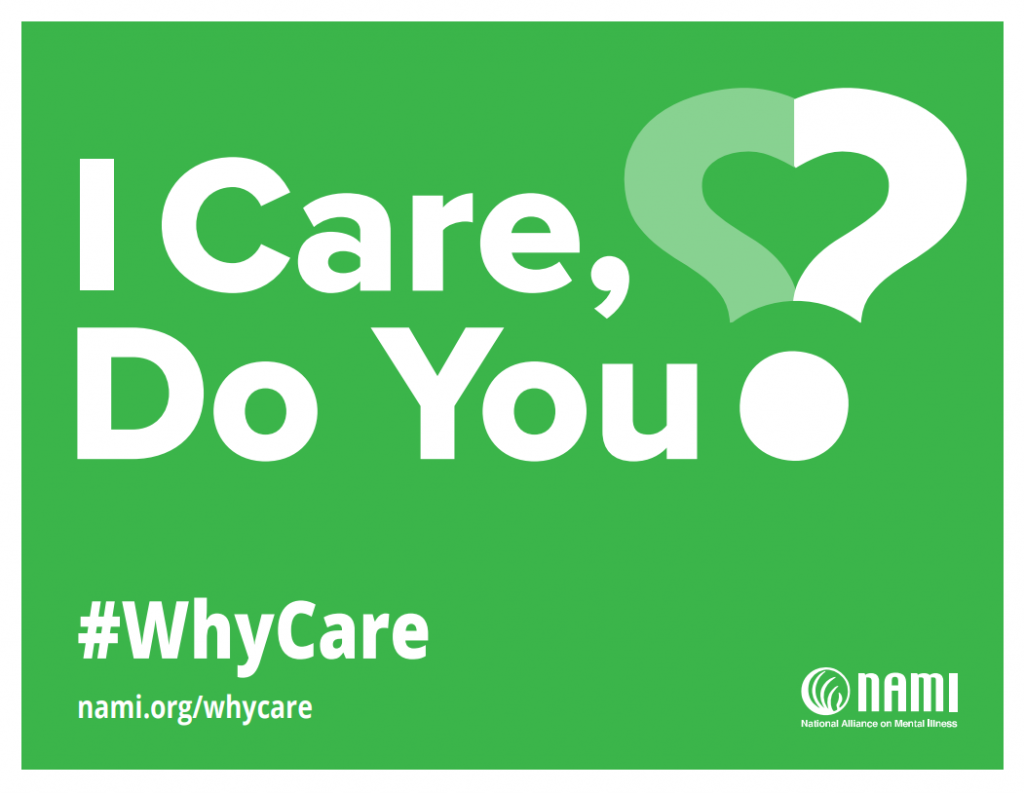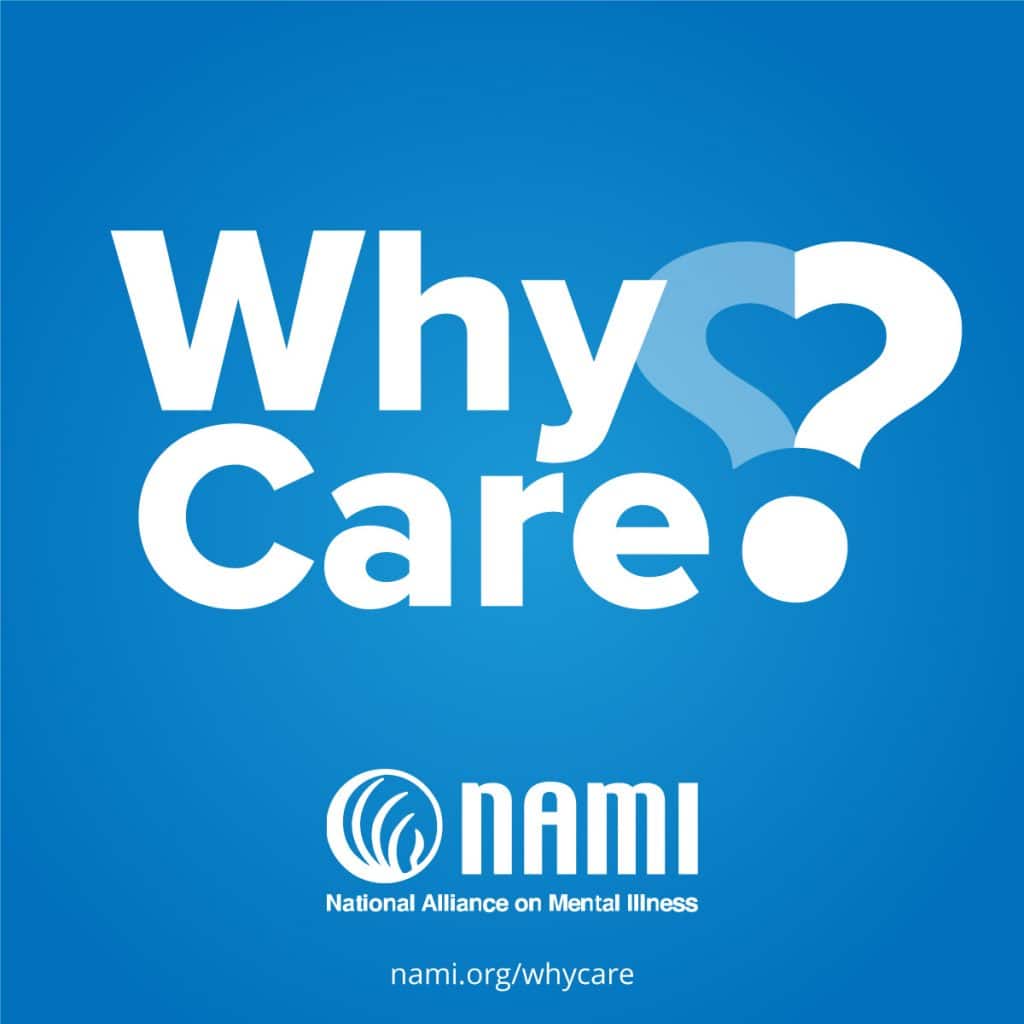May is Mental Health Awareness month and we want to encourage you to be able to better communicate with your congregation and community about mental health and how the Church can come alongside them.
Here are a bunch of resources for you to use for your church.
Social Media Graphics
If you need some social media graphics, here are a bunch from the National Institute on Mental Illness.

Side note: If you need some mental health statistics to share on social media, here are a bunch. If you want to know all of the months of awareness, see these.
Mental Health Awareness Messages
Here are a bunch of social media messages to send out in between the social media graphics and statistics that we got from Mental Health Month. (They’re a secular organization devoted to mental health awareness)
- Spiritual practices like meditation are linked to increased levels of feel-good chemicals like serotonin, dopamine, and endorphins; and decreased levels of cortisol and noradrenaline, which are associated with stress.
- Research has found that the areas of the brain associated with reward and positive feelings are activated when devout followers read scripture.
- One study found that people who attended religious services monthly showed a 22% lower risk of depression.
- U.S. military veterans who identified themselves as being highly religious or spiritual showed high levels of gratitude, purpose in life, and post-traumatic growth, and lower risk of depression, suicidal thinking, and alcohol abuse than their lesser or non-spiritual/religious peers.
- In a study of people receiving treatment at a mental health facility, more than 80% used religious beliefs or activities to cope with daily difficulties or frustrations; 65% reported that religion helped them to cope with symptom severity, and 30% indicated that religion gave them purpose to keep living.
- Mental health is essential to everyone’s overall health and well-being, and mental illnesses are common and treatable.
- A healthy lifestyle can help to prevent the onset or worsening of mental health conditions, as well as chronic conditions like heart disease, diabetes, and obesity. It can also help people recover from these conditions.
- A healthy lifestyle can help to prevent the onset or worsening of mental health conditions, as well as chronic conditions like heart disease, diabetes, and obesity. It can also help people recover from these conditions.
- For those dealing with a chronic health condition and the people who care for them, it can be especially important to focus on mental health. When dealing with dueling diagnoses, focusing on both the physical and mental health concerns can be daunting – but critically important in achieving overall wellness.
- Humor, spirituality, recreation, animal companionship, and work-life balance are important for everyone, but may be of special importance to people also living with chronic health conditions and those who care for them.
- Finding a reason to laugh, going for a walk, meditating, playing with a pet, or working from home once a week can go a long way in making you both physically and mentally healthy.
- The company of animals – whether as pets or service animals – can have a profound impact on a person’s quality of life and ability to recover from illnesses. A pet can be a source of comfort and can help us to live mentally healthier lives.
- Sometimes life is far from funny but finding humor in a situation can lift moods with laughter and help people to better deal with and overcome difficult experiences.
- Living a healthy lifestyle may not be easy but can be achieved by gradually making small changes and building on those successes.

